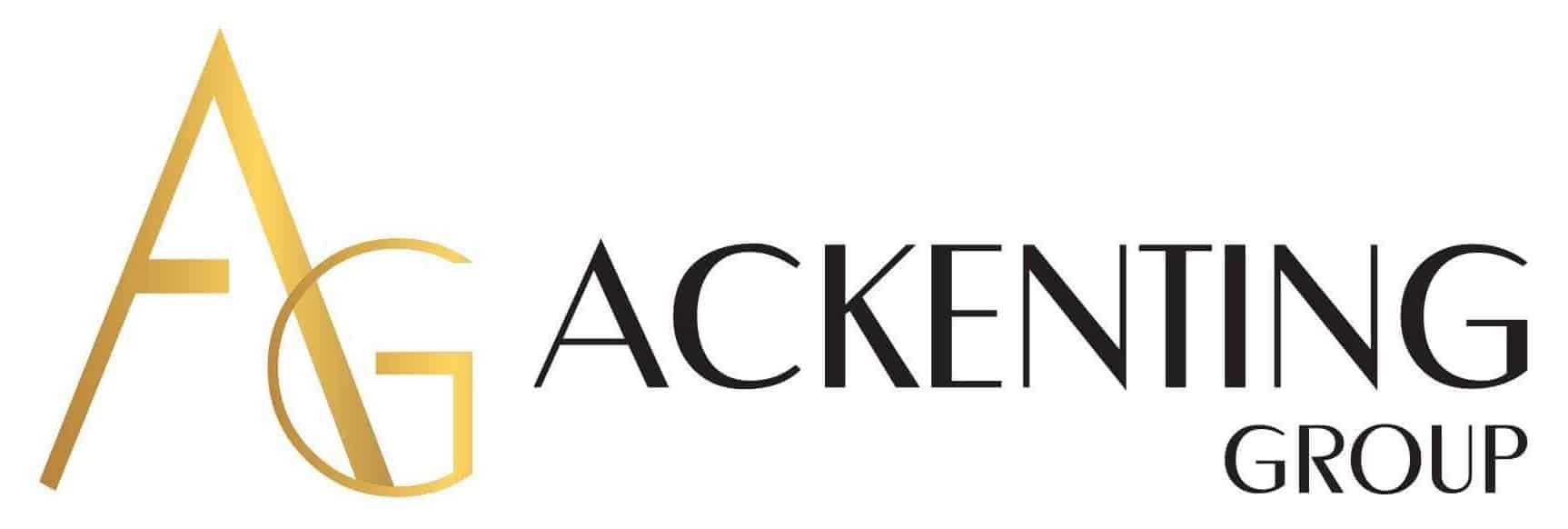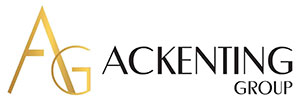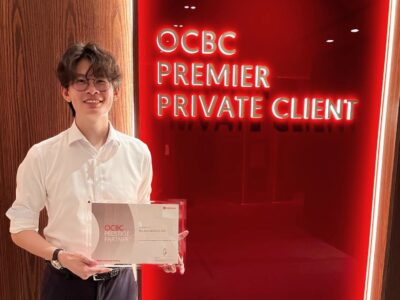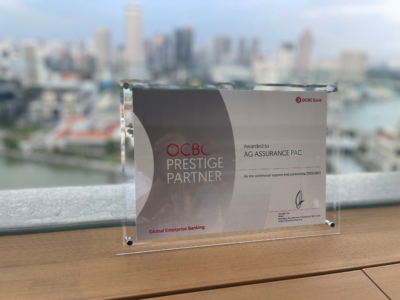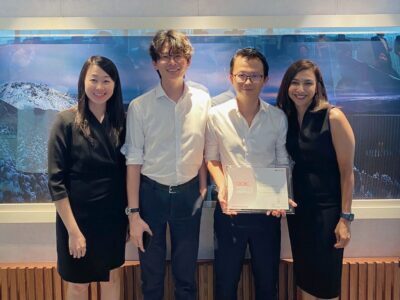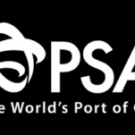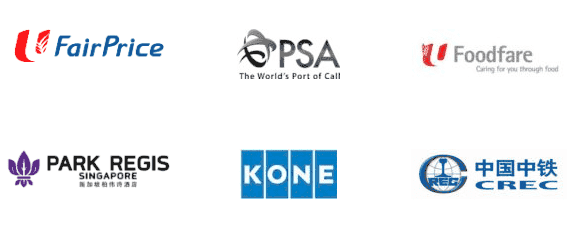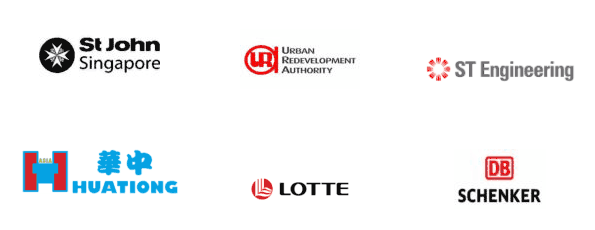There might be several factors a company might consider before hiring an audit firm in Singapore. Some of these are as follows: the audit services offered by the audit firm, services needed by the company, the time that the audit firm services would take, the cost at which the audit firm in Singapore offers audit services, etc. However, in the end, it all comes down to one crucial factor – how ethical an audit firm in Singapore is known to be.
Although maintaining an ethical stature is essential in any profession, an audit firm in Singapore cannot afford to be unethical with its profession, and there are several reasons for that. The primary objective of auditing is to scrutinize financial records of an entity to find any irregularities and report them to the company or the government or both without any bias. For an audit firm, services that it offers and the report that it submits can be entirely trusted by the companies, the government, and the public only when it has always maintained its ethical reputation. However, if an audit firm in Singapore would have violated the code of ethics even once, its views, results, and suggestions would always be taken with a pinch of salt for a long time or even forever.
However, it’s not the case that an audit firm in Singapore needs to maintain ethics while providing audit services only to prevent any taint on its reputation; keeping ethics while providing audit services also helps to bring a positive impact for an audit firm. Services that audit firm offers would be in high demand if they have a positive reputation and with a growing ethical reputation, the audit services also become more valuable and more profitable for the audit firm.
